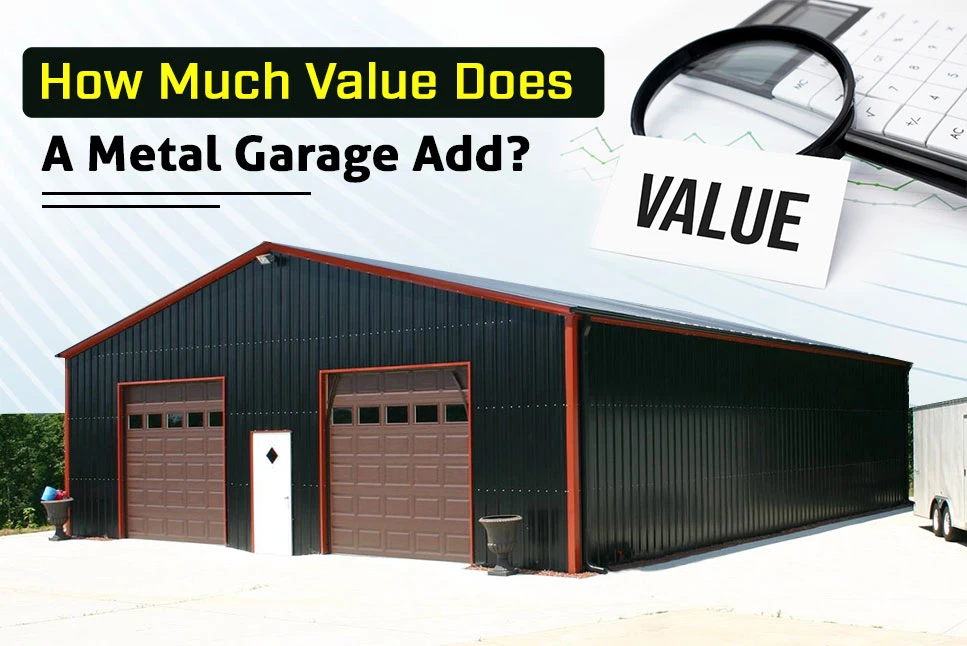- Afrikaans
- Albanian
- Amharic
- Arabic
- Armenian
- Azerbaijani
- Basque
- Belarusian
- Bengali
- Bosnian
- Bulgarian
- Catalan
- Cebuano
- Corsican
- Croatian
- Czech
- Danish
- Dutch
- English
- Esperanto
- Estonian
- Finnish
- French
- Frisian
- Galician
- Georgian
- German
- Greek
- Gujarati
- Haitian Creole
- hausa
- hawaiian
- Hebrew
- Hindi
- Miao
- Hungarian
- Icelandic
- igbo
- Indonesian
- irish
- Italian
- Japanese
- Javanese
- Kannada
- kazakh
- Khmer
- Rwandese
- Korean
- Kurdish
- Kyrgyz
- Lao
- Latin
- Latvian
- Lithuanian
- Luxembourgish
- Macedonian
- Malgashi
- Malay
- Malayalam
- Maltese
- Maori
- Marathi
- Mongolian
- Myanmar
- Nepali
- Norwegian
- Norwegian
- Occitan
- Pashto
- Persian
- Polish
- Portuguese
- Punjabi
- Romanian
- Russian
- Samoan
- Scottish Gaelic
- Serbian
- Sesotho
- Shona
- Sindhi
- Sinhala
- Slovak
- Slovenian
- Somali
- Spanish
- Sundanese
- Swahili
- Swedish
- Tagalog
- Tajik
- Tamil
- Tatar
- Telugu
- Thai
- Turkish
- Turkmen
- Ukrainian
- Urdu
- Uighur
- Uzbek
- Vietnamese
- Welsh
- Bantu
- Yiddish
- Yoruba
- Zulu
Oct . 18, 2024 16:56 Back to list
The Rise of Prefabricated Steel Structures
In recent years, prefabricated steel structures have emerged as a revolutionary approach in the construction industry, reshaping how buildings are designed, manufactured, and assembled. This innovative technique has gained considerable attention due to its myriad advantages, including cost-effectiveness, reduced construction time, and enhanced structural integrity.
What are Prefabricated Steel Structures?
Prefabricated steel structures refer to buildings or components that are manufactured offsite in a factory setting before being transported to the construction site for assembly. These structures include a variety of components such as beams, columns, trusses, and panels, all made from high-quality steel. The prefabrication process ensures that each element is manufactured to precise specifications, which improves the overall quality and durability of the final structure.
Advantages of Prefabricated Steel Structures
1. Speed of Construction One of the most significant benefits of prefabricated steel structures is the drastic reduction in construction time. Traditional building methods often involve prolonged timelines due to weather conditions, labor availability, and on-site construction delays. In contrast, prefabricated components can be produced simultaneously with site preparation, allowing for a quicker overall project completion.
2. Cost Efficiency Prefabrication can lead to considerable cost savings. The controlled factory environment allows for better material management and minimized waste. Additionally, the faster construction timelines reduce labor costs and financing expenses, enabling projects to stay within budget.
3. Quality Control Manufacturing components in a controlled environment leads to better quality assurance. Each component can be tested and inspected under consistent conditions, ensuring adherence to industry standards. This results in a more reliable and durable final product compared to onsite construction, which can suffer from variances due to weather or other factors.
prefabricated steel structures

4. Design Flexibility Steel is an incredibly versatile material that allows for creative architectural designs. Prefabrication facilitates complex geometries and unique structures while maintaining structural integrity. This flexibility helps architects and engineers push the boundaries of design, leading to innovative and aesthetically pleasing buildings.
5. Sustainability Prefabricated steel structures are often more sustainable than conventional counterparts. Steel is a highly recyclable material, and its production can be optimized to minimize environmental impact. Moreover, building efficiency is increased with prefabrication as it reduces waste, and energy consumption during the construction process.
Applications of Prefabricated Steel Structures
Prefabricated steel structures are utilized across various sectors including residential, commercial, industrial, and infrastructural projects. Examples include modular homes, warehouses, bridges, and schools. The adaptability of prefabricated steel makes it suitable for both temporary and permanent constructions. For instance, a prefabricated hotel can be erected in a matter of weeks, providing accommodation for workers or travelers quickly and efficiently.
Challenges and Considerations
Despite the many benefits, prefabricated steel structures also face challenges. Transportation of large components can be complex and require careful planning to ensure that elements arrive at the site safely. Additionally, effective collaboration between architects, engineers, and construction teams is crucial to address any design challenges that may arise during the prefabrication process.
Conclusion
The growing popularity of prefabricated steel structures reflects a significant shift in the construction industry towards efficiency and sustainability. As technology advances and more companies adopt this innovative approach, prefabrication is likely to set new standards in building design and construction. Whether for residential homes, commercial buildings, or large industrial facilities, prefabricated steel structures offer a promising solution to meet the demands of modern construction, proving that the future of building is not just about speed and cost, but also about quality and sustainability.
-
How Do Prefabricated Steel Structures Transform Modern Construction?
NewsJul.14,2025
-
How Do Prefabricated Metal Buildings Redefine Modern Construction?
NewsJul.14,2025
-
How Do Prefab Insulated Metal Buildings and Steel Structures Revolutionize Modern Construction?
NewsJul.14,2025
-
How Do Pre - Engineered Steel Structures Redefine Modern Construction?
NewsJul.14,2025
-
Advancing Modular Construction with Prefabricated Metal Structures
NewsJul.14,2025
-
Advancing Industrial Infrastructure with Prefabricated Steel Solutions
NewsJul.14,2025
Products categories
Our Latest News
We have a professional design team and an excellent production and construction team.












